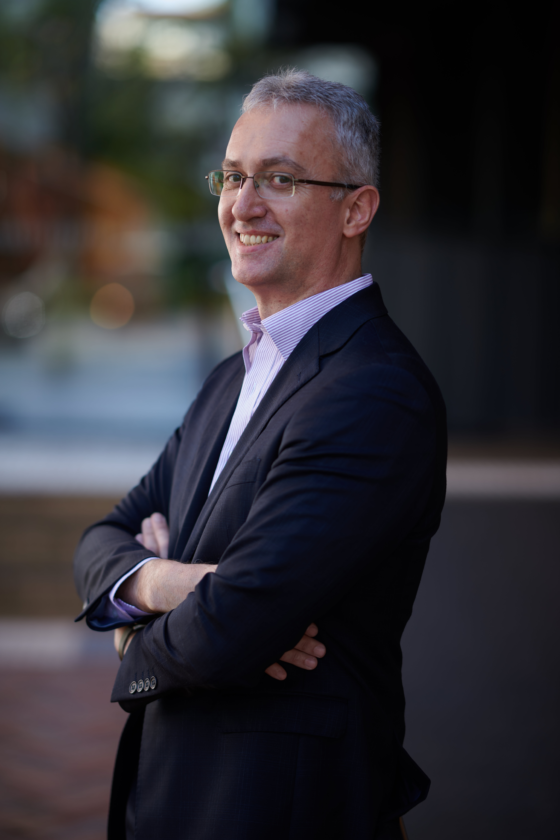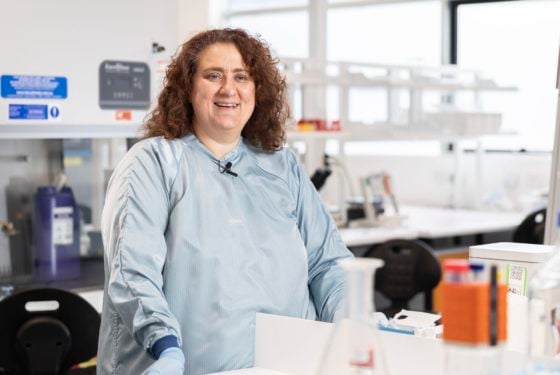Victoria’s government is expected to announce a lockdown today any moment as 12 new COVID-19 cases emerged overnight. Health officials had been alarmed at the speed in which case numbers are rising.
Sources of ABC, the state broadcaster, said it would last for at least seven days. Other reports speculate that a five-day circuit lockdown will be held, similar to the one in February when the hotel quarantine had infected 13 people.
Victoria last entered a five-day ‘circuit breaker’ lockdown in February, when the virus escaped hotel quarantine and infected 13 people.
The announcement is set to be made at 10.30am or 11am the morning as ministers thrash out the final details of the lockdown, and at this time it is unclear if the restrictions apply to the whole state or just Melbourne.
A leak to the press suggested that schools would be shut and only four reasons would be required to leave home. The lockdown would also result in the closure of hospitality, except for takeaway.
On Wednesday, Chief Health Officer Brett Sutton said factors which would influence the new measures would include the volume of new cases, the number and type of exposure sites they generated as well as the length in which they had been in the community.
The list of exposure sites keeps growing with more than 70 recorded, including the MCG and Docklands stadium.
Though previously spread across the city’s north and west, there were new exposure sites listed in Melbourne’s south-east and the Mornington peninsula.
READ MORE: Melbourne outbreak casts focus on vaccine rollout, and the need for a different approach
Gov has landed on a 7 day lockdown and not just for Melbourne. From midnight. @abcmelbourne
— Richard Willingham (@rwillingham) May 26, 2021
A highly contagious virus
Vigilance is advised due to the contagiousness of COVID-19.
Professor Vicki Kotsirilos AM, told Neos Kosmos, that the latest outbreak “reminds us that we need to continue to be vigilant as the world-wide pandemic” rages on.
“Australia is one of the luckiest countries in the world largely due to the swift action by the Government and Health authorities implementing stringent quarantine, and public advice on masks, hand hygiene and social distancing, and lockdowns when required. They should be congratulated in helping to keep numbers of COVID-19 cases down compared with other 1st world countries such as the UK, Europe and the USA. Consequently, not only are we experiencing low cases of infection numbers in Australia but also significantly less deaths compared with overseas countries,” she said.
“However, COVID-19 virus is highly infectious and contagious primarily through aerosol spread. The number of people with COVID-19 infections can escalate extremely rapidly within a few days if we do not take the extra precautions that are advised by the authorities.”
Professor Arthur Christopoulos, Dean of the Faculty of Pharmacy and Pharmaceutical Science at Monash University, told Neos Kosmos, “As we have seen in other countries that also were doing very well like us in keeping community transmission under control, this can turn very bad very quickly – we are still in the middle of a raging global pandemic.”

Problems with hotel quarantine
A definitive link between the Wollert man and the City of Whittlesea outbreak hasn’t been established as contact tracers, working around the clock, scramble to find a potential ‘missing link’.
“The only missing link is the link to the Wollert case from the South Australian hotel quarantine,” Chief Health Officer Brett Sutton said.
Experts told Neos Kosmos that the latest outbreak is proof that quarantine for international travellers needs to be improved.
Professor Kotsirilos AM, told Neos Kosmos, that authorities should step up efforts to improve their approach regarding international arrivals.
“The recent COVID-19 cluster in Melbourne occurred following exposure of the virus during quarantine in an Adelaide Hotel, which demonstrates the importance why authorities must urgently improve quarantine for international travellers to avoid future quarantine leaks,” she said.
Professor Apostolopoulos was not surprised with the news of the latest outbreak.
“There can’t be zero cases for as long as there are people coming into the country, even with hotel quarantine,” she told Neos Kosmos. “Obviously there is a problem with quarantine and we have seen that with COVID-19 it is easy for the situation to get out of control.”
READ MORE: Trailblazing Greek Australian Dr Vasso Apostolopoulos making strides in COVID-19 research

Panic as people prepare for lockdown
Many Victorians packed up and fled the state to dodge any lockdowns resulting in a mass exodus on Wednesday afternoon and Thursday morning.
Meanwhile, shelves were emptied at supermarkets soon after Acting Premier James Merlino said the government could not rule out further restrictions as the cluster grows.
Demand for tests skyrocketed yesterday and continues today, with 40 testing sites now operating in Melbourne with extended hours.

Advice
Professor Kotsirilos advises the following:
- Wear fitted masks for adults and children (12 years of age and over) when indoors such as workplaces, shopping centres, public transport, unless you have a medical exemption.
- Avoid large social or private gatherings – the current rules are limited to 30 people outdoors or 5 people indoors.
- Keep a check on exposure sites which have been published at Case alerts – public exposure sites and get tested if you have visited these sites.
- Continue to practice social distancing and hand hygiene.
- Get vaccinated for COVID-19 infection if you haven’t so far – this will ensure you will not be as sick if you did catch COVID-19 infection.
- If you have any respiratory symptoms, no matter how mild, stay home and get tested at your nearest COVID-19 testing station.









